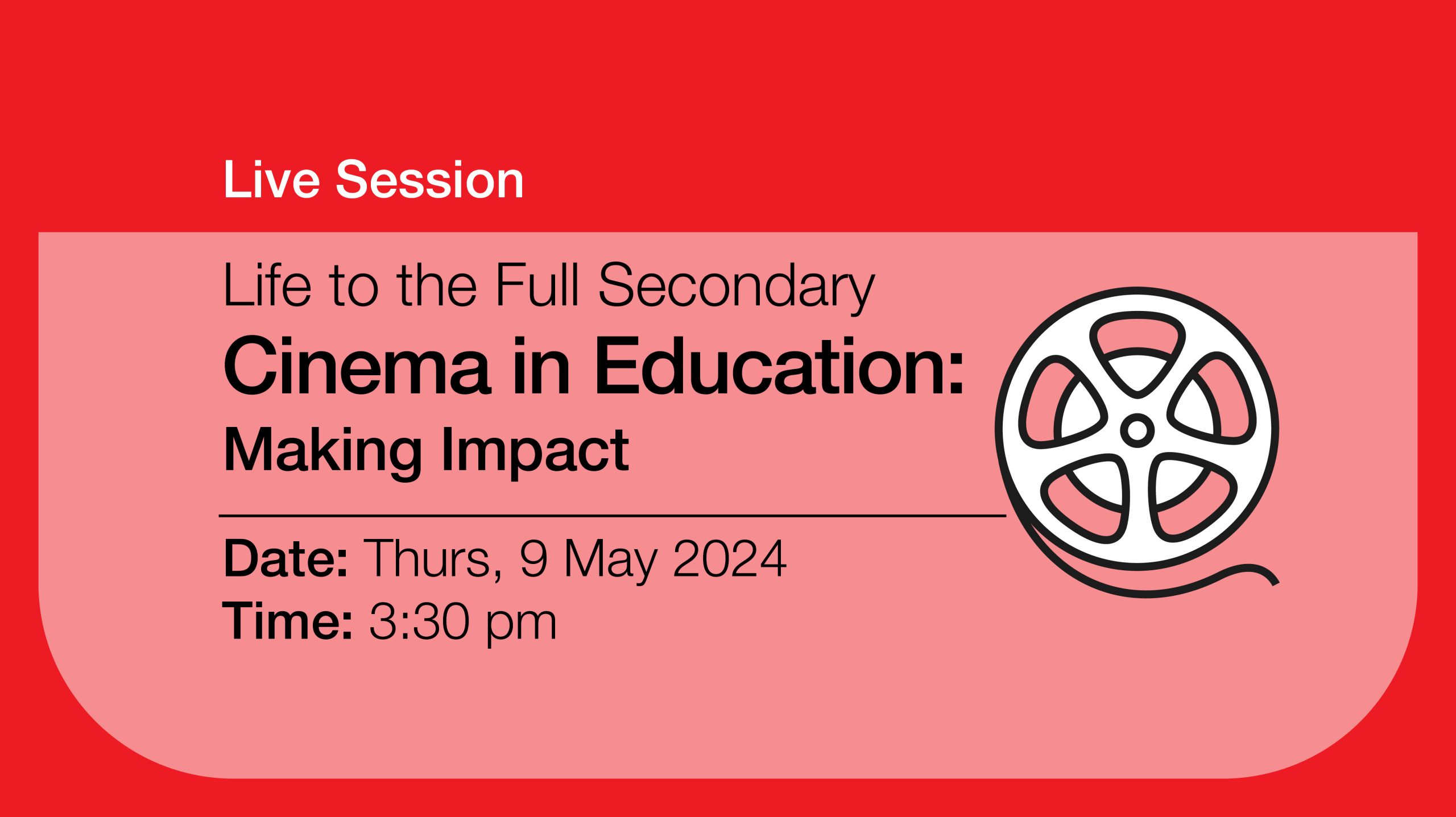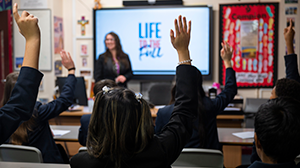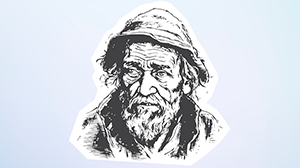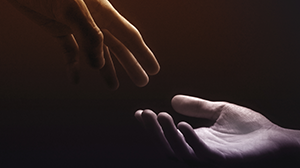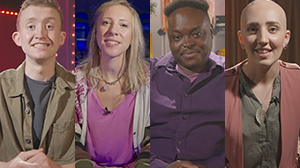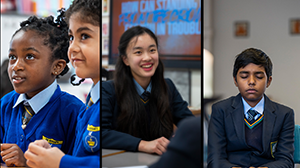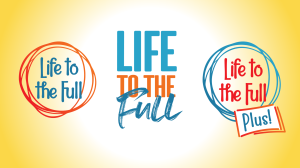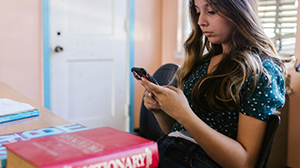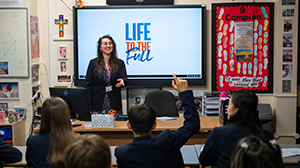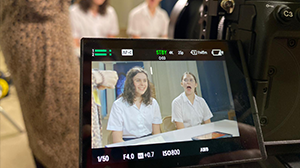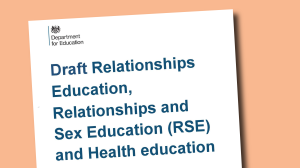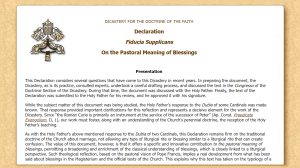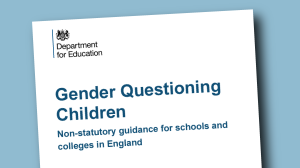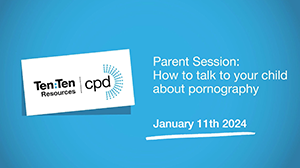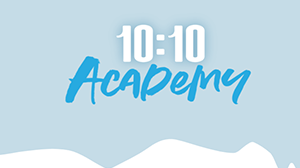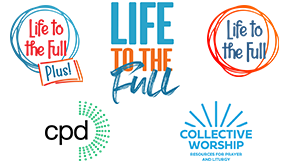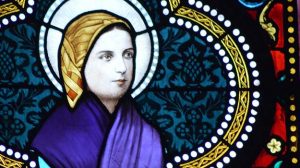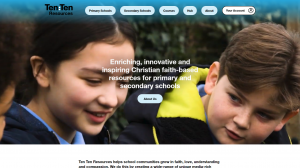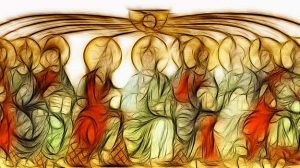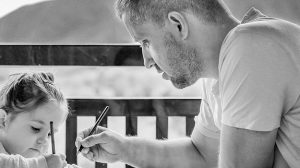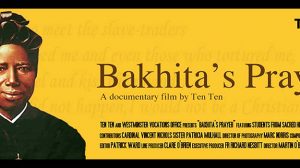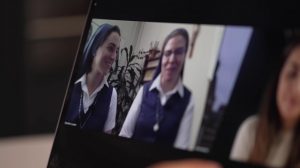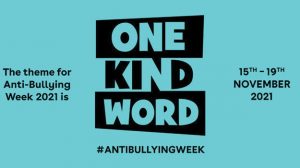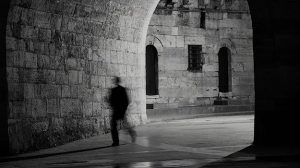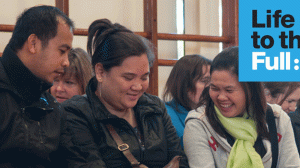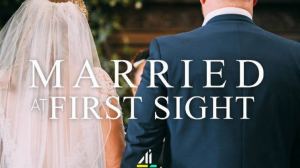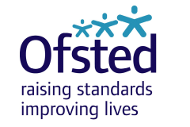
The Power of Story
We know from our decades of work in theatre and film education that stories are powerful.
This interview with Ten Ten Resources co-founder and director Martin O’Brien explores the impact stories can have on our lives and how they have guided our approach to Relationships and Sex Education.
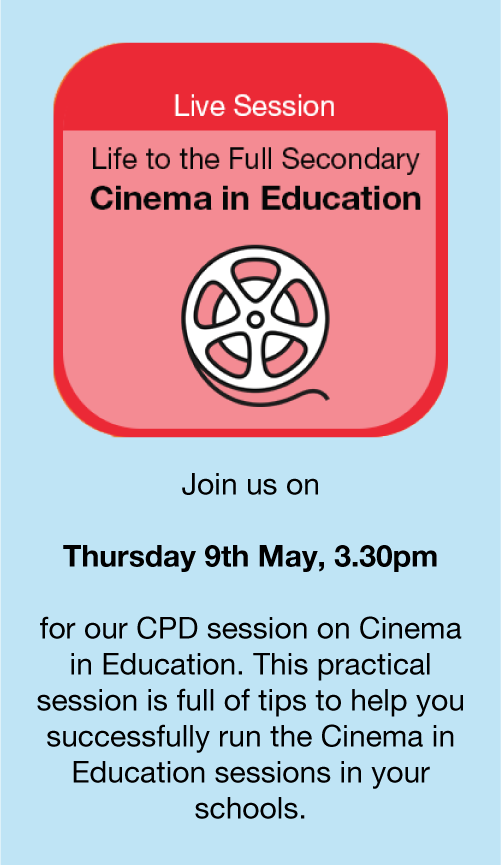
Why do we tell stories?
Here at Ten Ten we believe that stories have the power to change hearts and minds. Jesus is the ultimate storyteller and the story of his life on earth is part of a much bigger story of the people of God. It would be impossible to talk about the power of story without mentioning God’s story, told in the Scriptures.
The Old Testament is full of encounters between God and his people. In a time when very few people would be able to read or write, learning God’s stories was a skill passed down from generation to generation.
This is not some elaborate game of Chinese whispers, where a slight adaptation happens with each retelling. Stories passed down from one generation to the next with amazing accuracy. By the age of 10 most Jewish boys would have learnt the first 5 books of the Bible, known as The Torah, off by heart. Some of them would be selected to continue their studies and learn the rest of Scripture.
With the birth of the Church, storytelling did not cease being important. From the earliest days of Christianity, testimony has been a powerful tool for spreading the Gospel.
In the book of Acts, just before he ascended into Heaven Jesus said:
From Jerusalem, Jesus’ apostles took the Good News throughout the Roman Empire and beyond. They preached in towns and cities, synagogue, home and even in prison. Nothing could stop them sharing not just what they had learnt but also the stories of how Jesus had changed their lives!
This tradition has been passed on down the centuries. The Catholic Church has a history of many great saints who lived all kinds of wild (and sometimes sinful) lives before encountering Jesus. This encounter changed them and they dedicated the rest of their lives telling others about him.
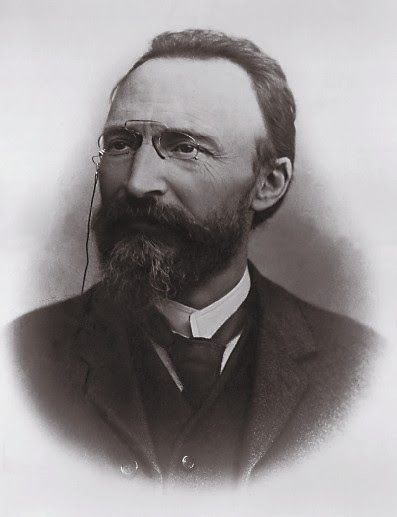
Blessed Bartolo Longo is one example. Although raised a Catholic, he fell away from his faith and became a satanic priest. He would publicly ridicule the Church and encouraged people to turn their backs on God. However, this just led him to a life of depression. In his darkest moment he heard his deceased father telling him to return to God. Long story short, he went to confession and was received back into the Church. He spent the rest of his life as a Lay Dominican and encouraged people to pray the rosary.
Many of the stories Jesus told are part of our Life to the Full Primary sessions. In Lower Key Stage 2 the children hear the familiar parable of The Prodigal Son. The story invited them, as it does all of us, to recognise that nothing can separate us from the love of God.
In one of our Year 9 sessions we share with the pupils the story of St Maximilian Kolbe who was sent to Auschwitz concentration camp and there gave his life in place of another man. This powerful account of suffering and sacrifice can not help but impact those who hear it. In Year 11 we draw upon the real life experience of young adults who have experienced various different struggles; from eating disorders to coercive control, from struggling with pornography to breaking free from addiction. Through listening to their personal stories our hearts and minds are opened and our capacity for compassion increased. We also witness the courage that allowed a change to occur in their lives.
The Cinema Experience
There are many different ways that stories are shared today. In a world where we have so much media at our finger tips a trip to the cinema remains a real treat. It can be an immersive experience; the room, the lights, the big screen all adding to our engagement.
Here at Ten Ten Resources we have provided a Cinema in Education experience for each year group of the Life to the Full secondary programme. They are made up of three different sessions. The first is the cinema experience itself and should be held outside the classroom, in a hall or theatre space. The second and third sessions are classroom-based and provide the opportunity for pupils to further explore the themes they saw in the film further, in smaller groups and in a more personal way.
These sessions can create a buzz. Pupils will anticipate that they are about to have a different experience, in a hall or theatre, which can help to make the learning stand out and be remembered.
The films cover a range of topics from abortion, bullying, peer pressure and sex before marriage. These may not be easy issues to discuss if you go in cold at the beginning of a lesson. However, once the pupils have journeyed with the characters in the films, empathised with them and discussed the possible outcomes of their choices, they can have a much deeper understanding and hopefully will have had the chance to explore their own beliefs and opinions.
If you would like more on the power of story, you can read our Director Martin O’Brien’s reflections here. You can find training on how to run the Cinema in Education sessions within your Life to the Full subscription page or why not join us for our livestreamed CPD session on Thursday 9th May, 3.30 pm?
